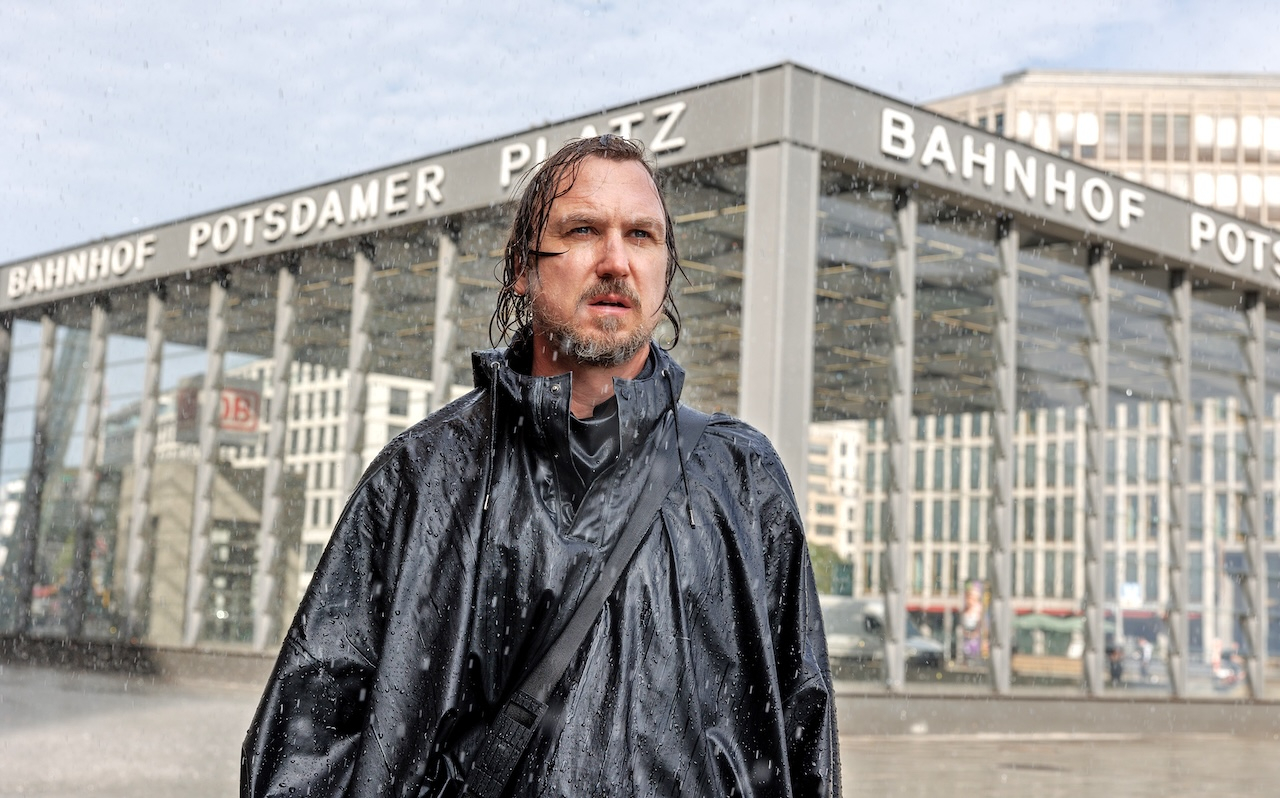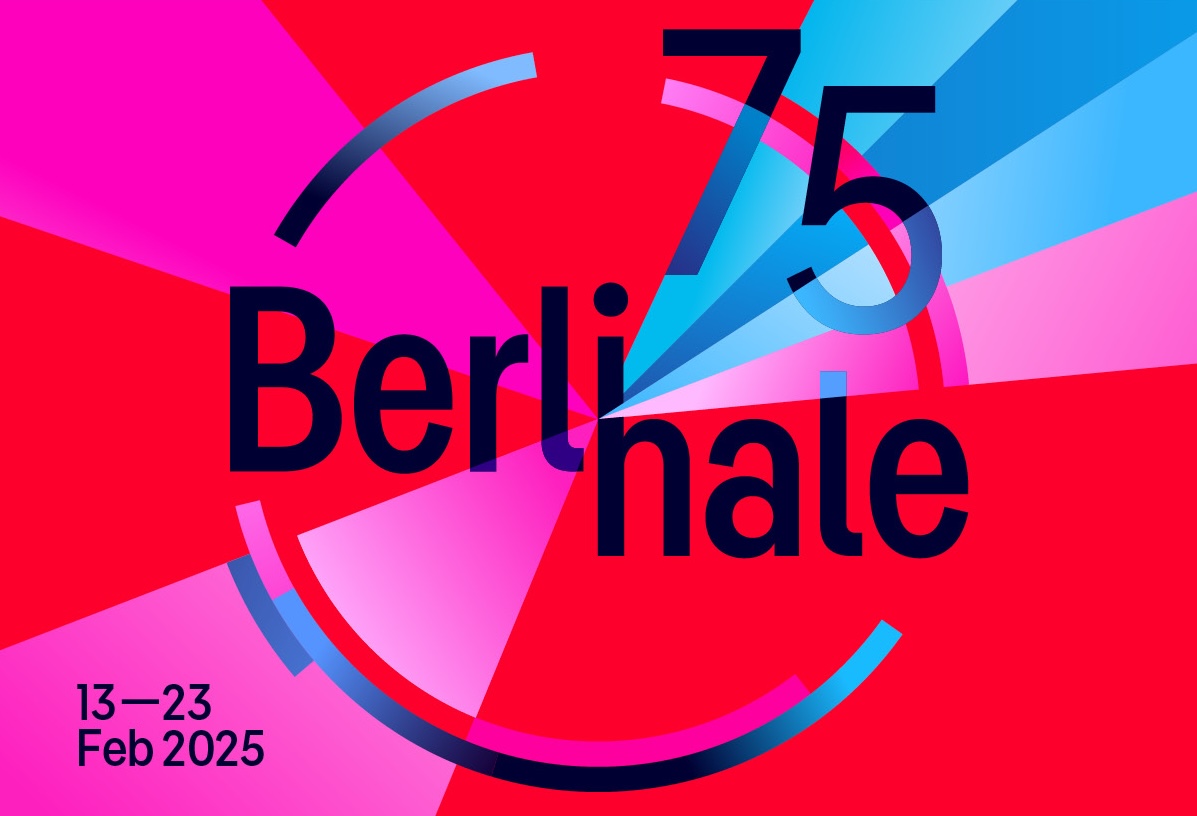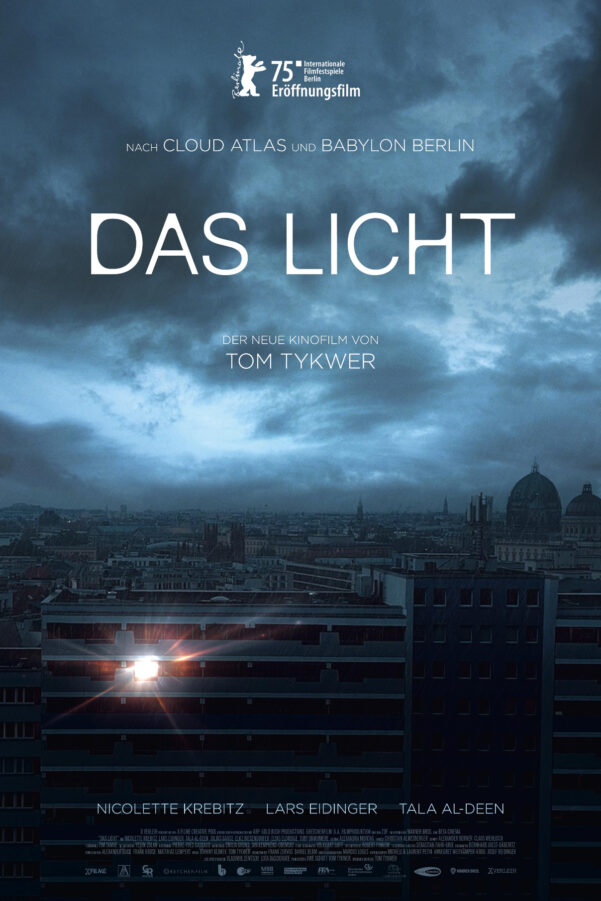The Light

Under new festival direction – led by Tricia Tuttle, former head of the BFI London Film Festival – the 75th Berlinale makes no attempt to play it safe with its opening film. Rather than a cordial, small independent feature designed to appease sponsors and patrons, Tom Tykwer’s The Light (Das Licht) is a three-hour absurdist comedy that takes aim at the very audience attending the ceremony, seemingly determined to ruffle as many feathers as possible.
Despite teenage Frieda (Elke Biesendorfer) insisting that they are a “typical German dysfunctional family”, Tolstoy’s famed words loom over her judgment: “Happy families are all alike; every unhappy family is unhappy in its own way.” In fact, the constellation and dynamics of our protagonists are rather unique. Tim (Lars Eidinger) feels disembodied, cut off from his partner of 20-something years, Milena (Nicolette Krebitz), who jets off to Africa several times a month, supposedly providing humanitarian aid. Every other week, Dio (Elyas Eldridge), Milena’s son from a different father, becomes part of the family. Their privileged-but-far-from-idyllic world is shaken up when they hire Syrian refugee Farrah (Tala Al Deen) as a housekeeper.
Tom Tykwer is one of the few German directors who have consistently worked on international projects while operating with considerable budgets (Perfume: The Story of a Murderer, Cloud Atlas, Sense8). Yet, in his home country, he remains most closely associated with the cult classic Run Lola Run. His first feature since A Hologram for the King brings him back to Berlin – and back to defying the stereotypes of rigidity and predictability often linked to his compatriots. The Light is rampant, adventurous and eager to experiment with form: an existential dance break here, an animated sequence there, a nightmarish musical number halting traffic in front of the infamous Zoologischer Garten train station.
It may have to do with the fact that this year’s Honorary Golden Bear ceremony has been merged with the opening gala – and that the 2025 recipient happens to be Tilda Swinton – but if there is one film The Light can be compared to, it is Joshua Oppenheimer’s apocalyptic musical The End. Though less overt in its eschatological themes (despite the copious rainfall evoking imagery from the Book of Genesis), Tykwer’s opus similarly forces its characters to confront their own cognitive dissonance and shared responsibility for the world’s state – a reality they are all too eager to complain about. There is just enough levity to keep viewers from being overwhelmed, but when emotional beats need to land, they hit where it counts.
The feature’s multiplicity is both its greatest strength and its biggest weakness. By trying to cover too much, The Light sets an almost impossibly high bar for itself – not all of the world’s problems can be addressed, let alone solved, in a single film. While it strives for striking visuals, its true driving force is dialogue. Complex backstories help establish authenticity, but excessive exposition – such as explaining why an occasional American inflection sneaks into Biesendorfer’s speech (her character spent a semester abroad in Canada) – can be more distracting than informative.
When The Light hits cinemas, it will be divisive and met with confusion, but what cannot be disputed is how incredibly invigorating it is to see such an ambitious, outrageous and eccentric film emerge from creatively struggling Germany.
Selina Sondermann
The Light (Das Licht) does not have a release date yet.
Watch the trailer for The Light (Das Licht) here:
Read more reviews from our Berlin Film Festival coverage here.
For further information about the event visit the Berlin Film Festival website here.



























Facebook
Twitter
Instagram
YouTube
RSS